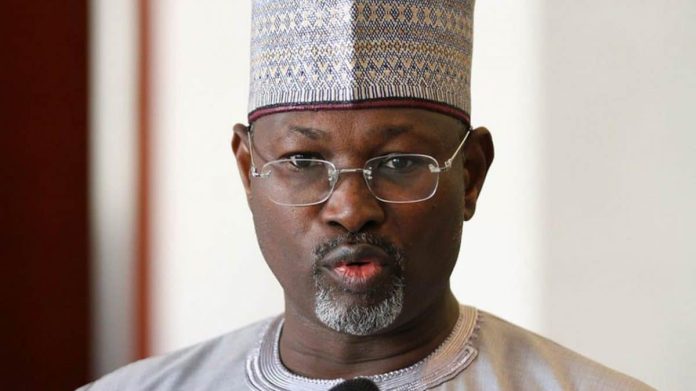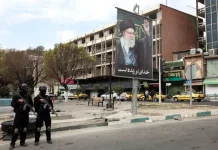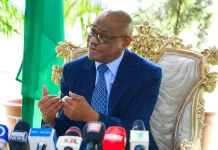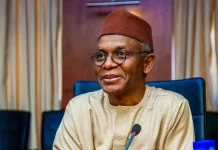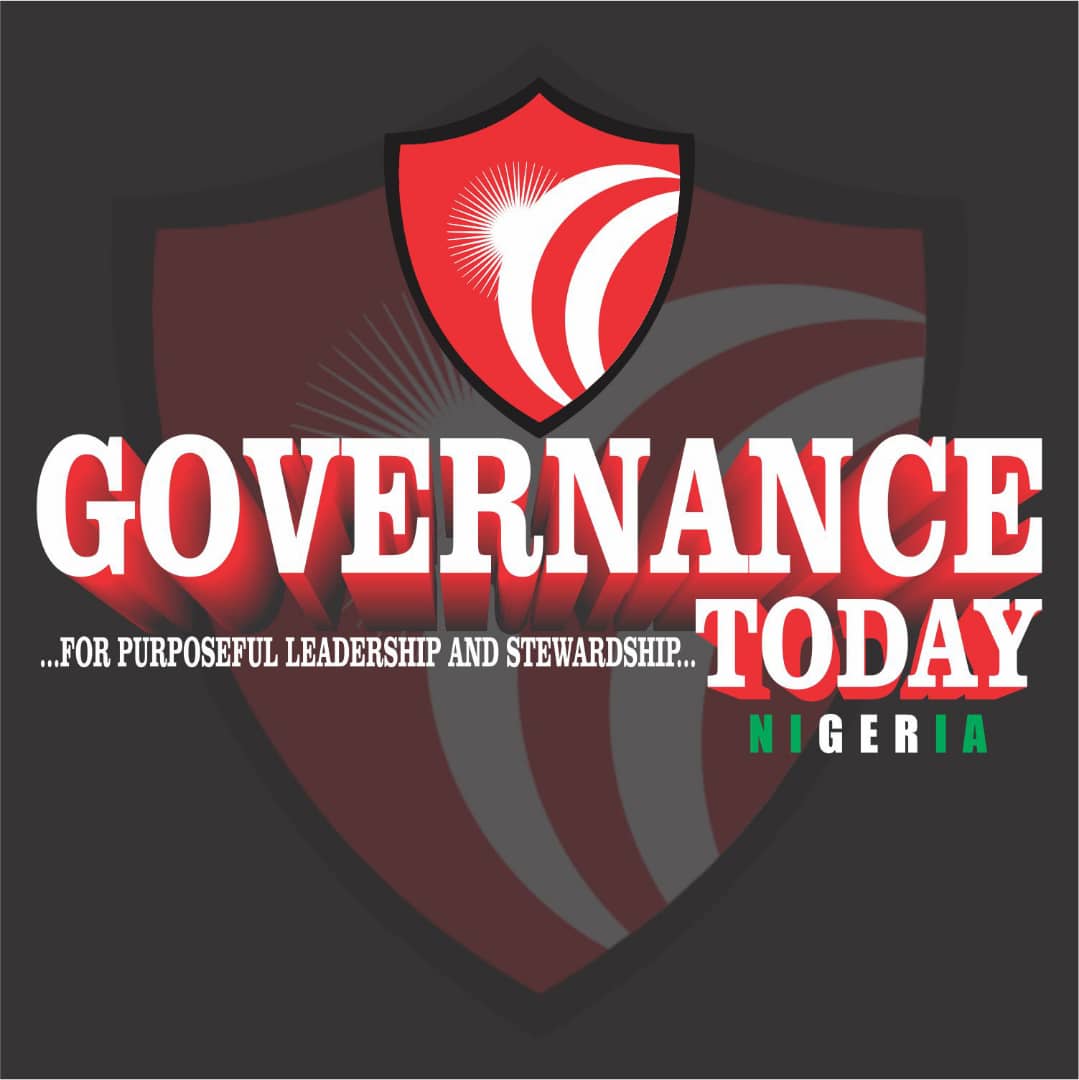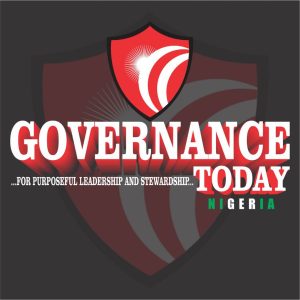Former Chairman of the Independent National Electoral Commission (INEC), Prof. Attahiru Jega, on Wednesday warned Nigeria against taking all the advice of the Bretton Woods institutions, especially the World Bank and the International Monetary Fund (IMF).
He said while it is good and useful to engage with them, the government must be careful not to plunge the country into a long term problem.
Jega spoke in his lecture at the ongoing 2024 Annual Directors’ Conference with the theme, “Good Governance as a catalyst for Economic Recovery, Growth and Development,” organised by the Chartered Institute of Directors of Nigeria (CIoD).
Jega also called for a reform of the leadership recruitment process, saying the major challenge confronting Nigeria is that most of the leaders are not prepared for leadership.
The Bretton Woods institutions have been accused of advising President Bola Tinubu on the present economic policies, especially the removal of subsidy from PMS as well as the floating of the naira which have plunged the country into inflationary pressures.
But the IMF’s African Region Director, Abebe Selassie at a briefing on the sidelines of the IMF and World Bank Annual Meetings in Washington DC, US clarified that the organisation did not advise the President to remove fuel subsidy.
“The decision was a domestic one. It was President Tinubu’s decision. We don’t have programmes in Nigeria. Our role is limited to regular dialogue, as we have with other nations like Japan or the UK,” he clarified.
But speaking at the IOD conference, Jega advised Nigerians to pay serious attention to nurturing and entrenching democratic governance “rather than merely good governance being promoted by the World Bank.”
According to him, this is the only way to place Nigeria “on a sustainable trajectory of what I called, ‘People-oriented development processes.’
Jega reiterated that while it is good to engage the World Bank and such other organizations, “we should not swallow hook, line and sinker what they bring to us. We must be very careful in terms of what measures they have suggested to us because if we don’t do that we may advertently or inadvertently fall into greater medium and longer term problems even if we think we are seeing short term benefits from that kind of engagement.”
President and Chairman of Council of the institute, Alhaji Tijjani Borodo, said the the Chartered Institute of Directors Nigeria “proudly leads the charge in promoting corporate governance across the country.”
“One of the Institute’s core missions is to enhance the professional capabilities of directors and business leaders in both the public and private sectors, covering a wide range of industries.
“As the recognized voice of Directors and Corporate Governance, the CIoD empowers our members to make meaningful contributions to their organizations, communities, and the nation as a whole.
“We are committed to building connections among top business leaders and working closely with the government to shape policies that support a favorable business environment, even in challenging times, to drive wealth creation.”


